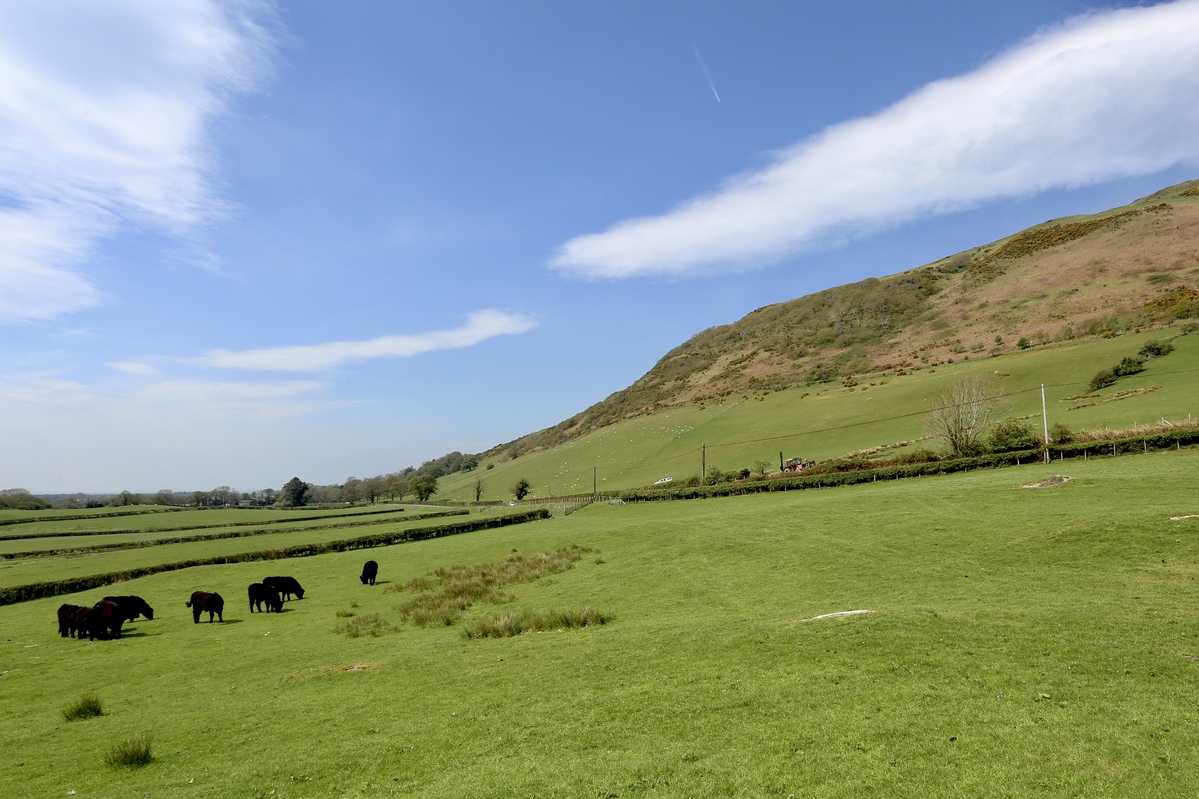Ahead of the publication of the draft Welsh Government budget on 10 December, NFU Cymru has taken the opportunity to set out what the union believes should be the Welsh Government’s priorities as far as Welsh agriculture is concerned.
NFU Cymru President Mr Aled Jones said: “Over the last few weeks the UK Government’s proposals around changes to Agricultural Property Relief (APR) and Business Property Relief (BPR) have understandably featured very prominently in our conversations with politicians and our members. There is, however, another incredibly important area of work for NFU Cymru as Welsh Government prepares to set its own budget. As part of that process, NFU Cymru has made a comprehensive submission to the Senedd’s Finance Committee to help inform their scrutiny of the forthcoming budget, as well as extensive and frequent representations to Welsh Government.
“When NFU Cymru met with the First Minister and Deputy First Minister at the very beginning of October, one of the points emphasised was how important it is for Welsh farming, the agri-food supply chain and rural communities that the BPS budget is maintained at the current level for 2025. At what is once again a very challenging time for the sector, the certainty and stability of an adequately funded BPS is crucial.
“As I have said on many occasions, supporting Wales’ farmers through the BPS to the tune of £238 million annually, produces an output from Welsh agriculture of around £2.2bn, a return on investment of around £9 for every £1 given in government support.”
Call to restore rural affairs budget to 2022 level
NFU Cymru is also calling for the Welsh Government to, at the very least, restore the rural affairs budget to the level it was set at in 2022. Aled Jones said: “The rural affairs budget, which represents just 2.1% of the total Welsh Government budget, was subjected to the most significant cuts of any budget in the last budget round at the end of 2023, and was set at £420m, down £62.5m (13%) on the £482.5m level at which it was set at the end of 2022.
“With the rural affairs budget paying for important public, animal and plant health measures and supporting economically important functions such as the promotion of Welsh food and drink domestically as well as in export markets, it is vital that the budget is now restored to the level it was set at in 2022 as a minimum.”
Future agricultural support funding
NFU Cymru is also concerned about certain aspects of the way in which future agricultural support funding will come from UK Treasury to Welsh Government. Aled Jones said: “Looking through the fine print of October’s budget it was positive to see that the Treasury intends to baseline funding for agriculture into each devolved government’s block grant, in effect ‘locking in’ the £340m or so of historic funding allocation Wales has received. What is less positive is that this funding is no longer ringfenced for agriculture, and this historic sum has not been adjusted for inflation. NFU Cymru has said that this figure should be over £500 million annually to take into account inflation and to ensure that our ambitions for food, nature, climate and communities can be met.
“I am also deeply concerned that any future adjustments to agricultural funding into the Welsh block grant will be subject to the Barnett formula. Under such an arrangement NFU Cymru’s own calculations suggests that for any potential future funding uplift from UK Treasury, under this arrangement Wales will only receive 42% of the funding uplift it might otherwise have expected if the current formula based on agricultural production levels across the UK was maintained.
Barnettisation
“NFU Cymru rejects the idea that adjustments to agricultural support funding can be done by simple population based Barnettisation and must instead reflect the scale and weight of the agricultural sector in Wales. We are looking to Welsh Government to join us in making the case to UK Government as to why agricultural funding uplifts should not be Barnettised.”
Aled Jones concluded: “For a little over 2% of our government’s budget, Welsh farming delivers so much for Wales. It underpins a £9.3 billion food sector with a food and drink supply chain that employs 17% of Wales’s workforce, and more than 50,000 people are employed on farms. Therefore, it is so important that Welsh Government, through its budget, backs Welsh farming at this time.”

